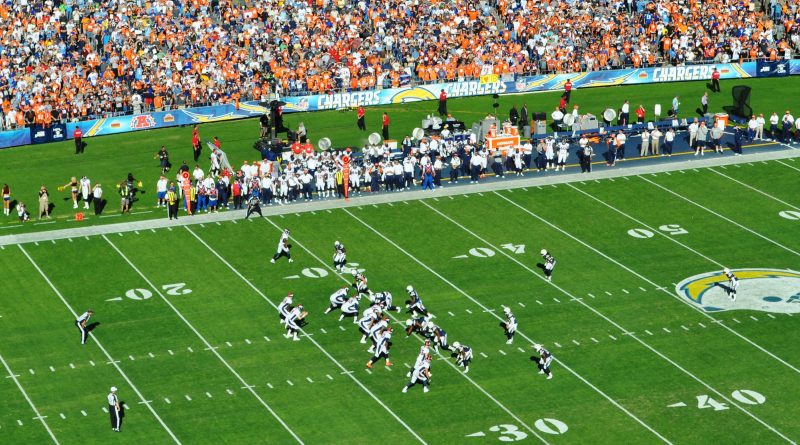Will Maryland Relax Online Gambling Legislation?
Online gambling is growing in popularity worldwide as bettors use faster internet access and improving betting technology. Most people agree that online gambling should be allowed if it is regulated to protect players from problem gambling and security breaches. Checks would also ensure that games and betting markets are fair.
Online gambling regulation has been prominent globally, particularly in Europe, for many years. In the US, however, the decision to allow online betting has been passed down to state-level lawmakers.
Initially, only a few states showed an interest in pressing ahead, even though research showed the tax revenues to be made from gambling operators could help with funding social programs. First, New Jersey allowed online casinos. Not surprising, perhaps, for a state that boasts the large casinos of Atlantic City.
Other states followed, legislating either online casinos, online sports betting or poker, or a mix of them all. Nevada, Illinois, West Virginia, Pennsylvania, and more are now allowing people residing in those states to gamble online.
Maryland, where sport is popular, has been edging closer to sanctioning online gambling, too. Only last month, voters backed a sports betting referendum by 2-1. They were only presented with a yes/no option, knowing tax revenues raised would be directed to local education.
With that hurdle overcome, the next stage comes when the state legislature reconvenes for business in the New Year. A sports betting bill was approved unanimously by the Senate earlier in the year but stumbled at the House of Delegates. That prompted the referendum, and with resounding approval from the vote, it is expected the bill will now go through.
What Might Online Betting Look Like in Maryland?
Without trying to second-guess what online gambling in Maryland might involve, it’s perhaps best to look at what has happened elsewhere. In Illinois, for example, the state legalized online sports betting. However, some strict measures were put in place so that things got off to an ordered start.
Firstly, online sports betting platforms had to partner with existing brick and mortar gambling-related venues, such as horse-racing tracks and casinos. Further, any individual trying to set up their online betting account had to visit the appropriate venue in order to do so.
These restrictions were supposed to be in force for several years, although the coronavirus outbreak made traveling to sign up illogical, and the rules were relaxed.
Gamblers in Maryland can expect a similar set up to this. With currently 15 casinos in the state, including the MGM Casino – National Harbor, the Horseshoe Casino Baltimore, and Hollywood Casino Perryville, there are plenty of options.
MGM is interesting, as it has partnered with GVC, one of the globe’s biggest online gambling operators, in other US states.
What Can Sports Bettors Expect?
Maryland sports fans will have much to look forward to if, as expected, the online sports betting legislation goes through. With the economic outlook improving, they can expect to have some spare cash for a hobby, so they will download their preferred sports betting app and sign up, getting some sort of welcome bonus in the process.
Modern sports betting platforms have an amazing range of sports and markets. Gamblers find all the major sports like NFL, horse-racing, tennis, golf, baseball, soccer, and basketball – but less-known games like handball and table tennis are also covered.
And gamblers don’t just get to bet on the outcome of a match. There are markets on point-scorers/goalscorers in team games, the number of points or goals scored, and how much yardage is made, and more. There is also live betting, whereby you can place bets during a match. The odds will change by the second as the action unfolds, and it’s up to the bettor to use his or her skill and judgment to take advantage and bet accordingly.
It’s now just a question of not if but when the Maryland law changes. There’s no doubt that the leading online gambling operators will already be thrashing out deals with live venues, so once the green light goes on, it will be a race to see who gets to market first.
The voters have approved it and will be pleased to know that all taxation raised from online gambling will soon be filtering through to educational programs across the state. It’s what is known as a win-win situation.

